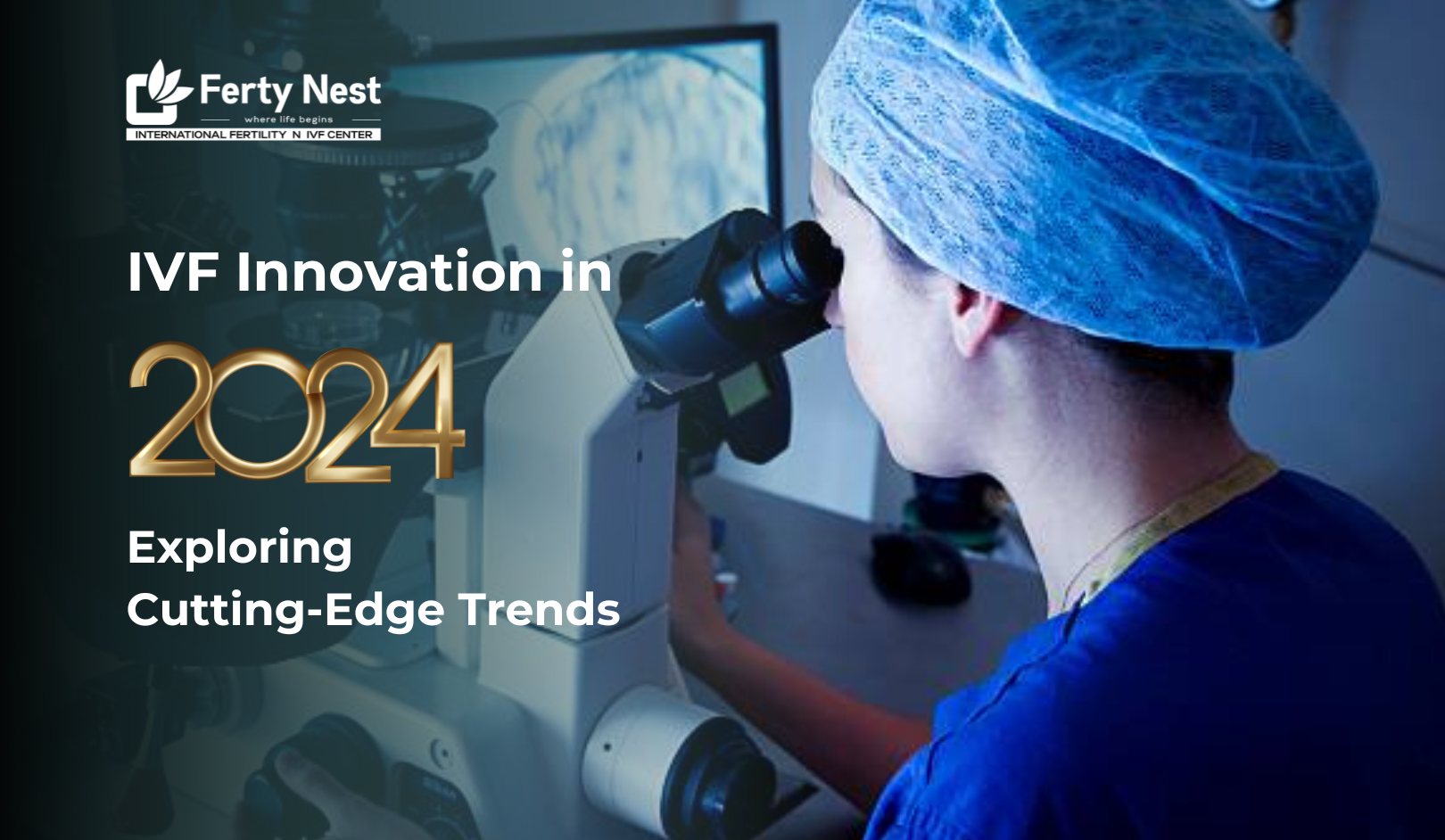In 2024, artificial intelligence (AI) and machine learning (ML) continue to revolutionize the field of in vitro fertilization (IVF). These technologies are now integral in analyzing vast datasets, improving the precision of embryo selection, and predicting the Highest success rates of IVF cycles more accurately than ever before. Clinics around the world are adopting AI-driven platforms that assess embryo viability with stunning detail, enabling better outcomes and reducing the emotional and financial strain on prospective parents.
Genetic Screening Advancements: Ensuring Healthier Futures
Another leap forward in IVF technology is the enhanced capabilities in genetic screening. Comprehensive preimplantation genetic testing (PGT) is becoming a standard practice, offering potential parents insights into genetic conditions well before pregnancy begins. This trend not only helps in reducing the transmission of hereditary diseases but also assists doctors in selecting embryos with the highest potential for healthy development, thereby raising success rates of IVF procedures.
Customized Hormone Optimization: Tailoring Treatments to Individuals
Customized hormone therapy is a trend gaining momentum, where treatments are specifically tailored to the hormonal profile of each patient. This personalized approach helps in optimizing the ovarian response, thereby increasing the quality and quantity of viable eggs. The result is a more comfortable experience with fewer side effects and enhanced efficacy of IVF cycles.
Eco-Friendly IVF: A Step Towards Sustainability
Sustainability is making its way into the realm of fertility treatments with the introduction of 'green IVF'. Clinics are minimizing their environmental impact by reducing the use of disposable plastics, optimizing energy use in laboratories, and employing safer, less toxic pharmaceuticals in treatments. This approach not only addresses the ecological footprint of IVF but also appeals to environmentally conscious couples.
Telemedicine and Remote Monitoring: IVF from the Comfort of Home
The proliferation of telemedicine is transforming patient care in IVF. With remote monitoring technologies, patients can now undergo certain phases of their treatment from home, such as initial consultations, hormone monitoring, and post-transfer follow-ups. This not only makes the IVF process more accessible but also reduces the physical and psychological stress associated with frequent clinic visits.
Affordable IVF Options: Making Fertility Care Accessible to All
Finally, there is a growing trend towards making IVF more affordable and accessible. Many clinics are offering package deals, financing options, and scaled pricing models to help alleviate the financial burden on families. This democratization of IVF is expected to bring the dream of parenthood within reach for a broader segment of the population, regardless of economic background.
As we continue through 2024, these innovative trends and technologies are reshaping the landscape of fertility treatments, offering hope and new possibilities to couples struggling with infertility. At Ferty Nest, we remain committed to providing the latest insights and updates in the field, empowering our readers with knowledge and support on their journey to parenthood.


